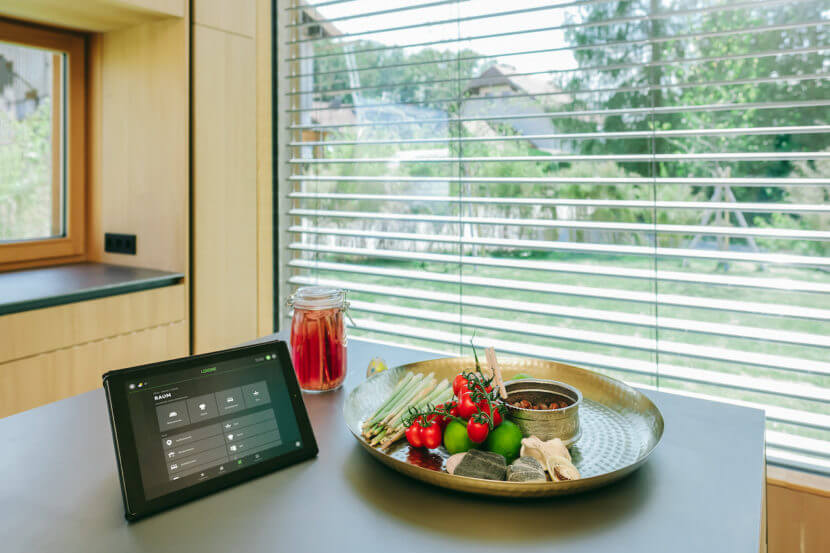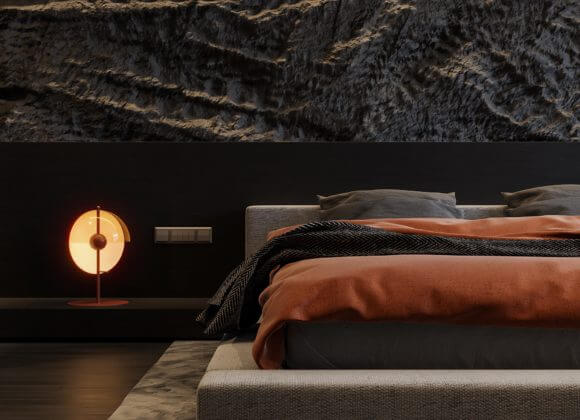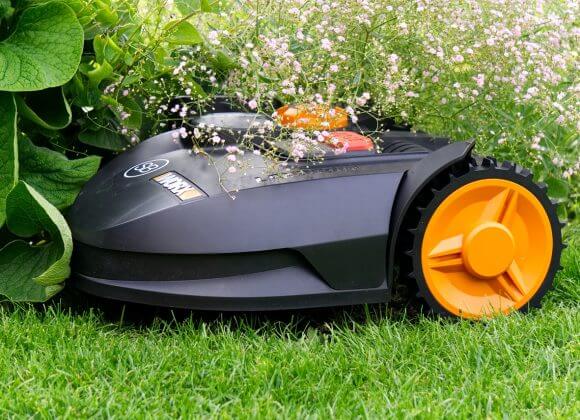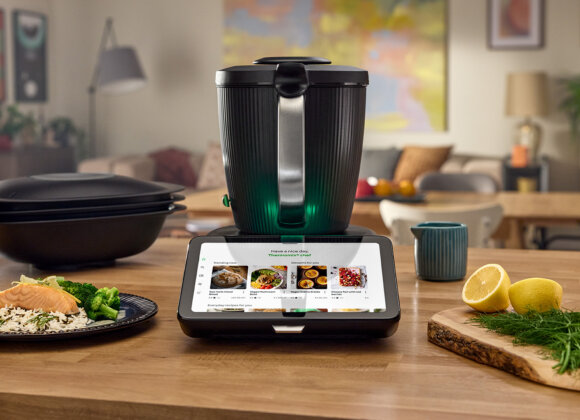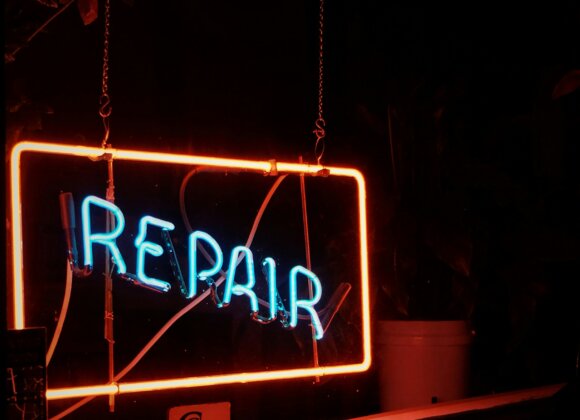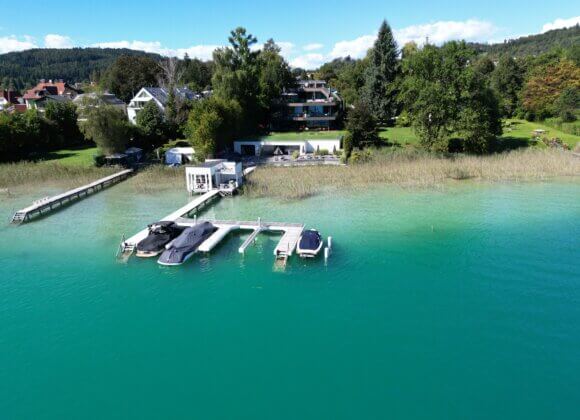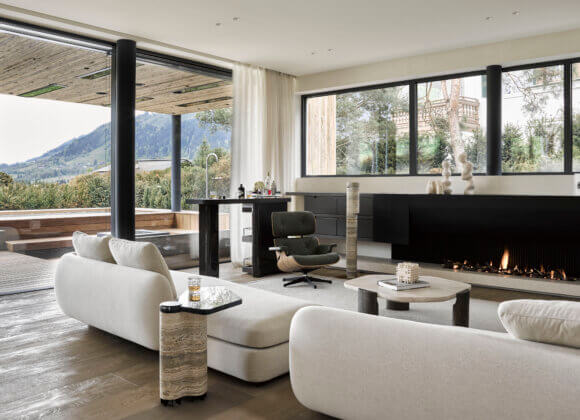You know that feeling when sometimes there just isn’t enough time to get all the necessary things done? What would you say if there was a solution to that? There is – and it’s called Smart Home. Here you will find the answers to the most important questions on the subject. Let us help you make your everyday life more time-saving.
What is meant by smart home?
A smart home is a technology that is easy to use, affordable and universal. All components play together perfectly. Your “intelligent house” harmonizes shading, heating, lighting and much more, and lets them literally talk to each other.
How does a smart home work?
With 50,000 fewer handles per year, smart home technology gives you more time to live. A smart home takes over most routines in everyday life. It is important that the core functions all talk to each other or can be controlled. After all, a smart home works like a cogwheel – everything meshes together, and preferably without the resident having to do anything else.
Which components turn the home into an intelligent feel-good zone?
All that make everyday life easier and save energy. Light, heating and shading are probably the most important points. In addition, access, alarm, fire alarm, water alarm system, multimedia, PV systems, sauna, swimming pool, garden and every conceivable controllable device.
What to consider?
The very biggest mistakes occur in the planning phase – this is where attention is often not paid to the selection of individual trades. Then there is often the problem of financing, because a smart home is usually somewhat more expensive to purchase. However, since components such as light switches can take over various functions, this again saves money. Also, the amount of material and time required for installation is usually much less than for a traditional installation.
Another big mistake that is often made is in the selection of the electrical contractor. There are very large differences in quality here. In this respect, it makes sense to consult a competent consultant or planner who will ensure controlled implementation.
Which products are suitable for getting started?
Google Home and Alexa voice controls are familiar to everyone. There is just about anything that can be connected to these two voice control systems. These devices are usually very inexpensive and relatively easy to install or configure yourself. If you want to control a lamp in the children’s room with it, you can do it this way. But completely outfitting a home with them would be a very rude awakening! If you don’t want to put your relationship at risk, you should be very careful here, so that you don’t inadvertently program in a quarrel.
Current trends around smart living
The trend is the smart home itself. This is already happening insidiously. Mostly for door intercoms with app, home appliances or multimedia. These all already work with smart home apps, tempting you to do more. But that’s how you unintentionally slip into one of those cloud systems that are mostly unreliable and insecure, but very cheap. Far from the low-cost sector, however, all topics in the field of energy saving are clearly the core topics – heating, PV systems, heat pumps, shading and lighting. Most customers want to be able to control these core issues easily from home or remotely. Here costs can be saved and comfort maximized.
How secure is a smart home? (e.g. cybercrime)
For this purpose, a distinction must be made: Cloud systems or BUS systems. Cloud systems like Alexa, etc. do not have a server in the home that processes all commands and routines. Therefore, this data is sent to a cloud. There, the settings made by the user are queried and sent back again. On the one hand, this data is relatively easy to intercept, and on the other hand, you also share your habits, presence and much more with corporations.
Another huge problem with all of these products is that they only work over the Internet. And: No Internet, no function! Also, the reliability, reliability or quality to function for many years is usually not given. BUS systems run without any connection to the outside. However, those who want to can of course still do so via an app provided by the manufacturer, which is 100% secure. The point is, no data is stored here. A failure of the Internet has no consequences.
Failure & Blackout
When it comes to fail-safety, one can only advise against the inexpensive products. Fires, short circuits, bankruptcy of the operators, etc. have already occurred here. If an operator discontinues the service, all the devices are just trash. Often these devices run over WLAN, most use cheap routers provided by the network provider. A modem change or the defect of the router leads to a complete standstill.
Cloud systems cannot be counted on in the event of a blackout. Not even if there was emergency power.
However, there are now devices that can run the most important parts of a home for a few hours without mains power. Luminaires, pushbuttons and switches, for example, can then be very easily powered by batteries and are therefore fail-safe.
How does a smart home save energy?
As previously mentioned, energy can be saved in some areas.
The most cost-intensive area is probably the heating or air conditioning. Effective heating will probably be via heat pumps in most cases. These nevertheless require a lot of power.
E-mobility is also a topic that factors in. Washing machine, dishwasher, lights, pool pump, solar panels – all these energy-intensive consumers can do their job on their own.
Source: https://www.smarthomes.at/ – René Lausenhammer – Smart Home Consultant
Landlust: Luxury real estate in the countryside
Urban: Luxury properties Vienna Urban
Villa location: Luxury properties Villa location
For ski fans: Luxurious living for ski fans
On the waterfront: luxurious living on the waterfront
Hotel service: Luxurious living with hotel service
Exquisite view: Luxurious living with an exquisite view
For golf fans: Luxurious living for golf fans
Classic elegance: Luxurious living in classic elegance


